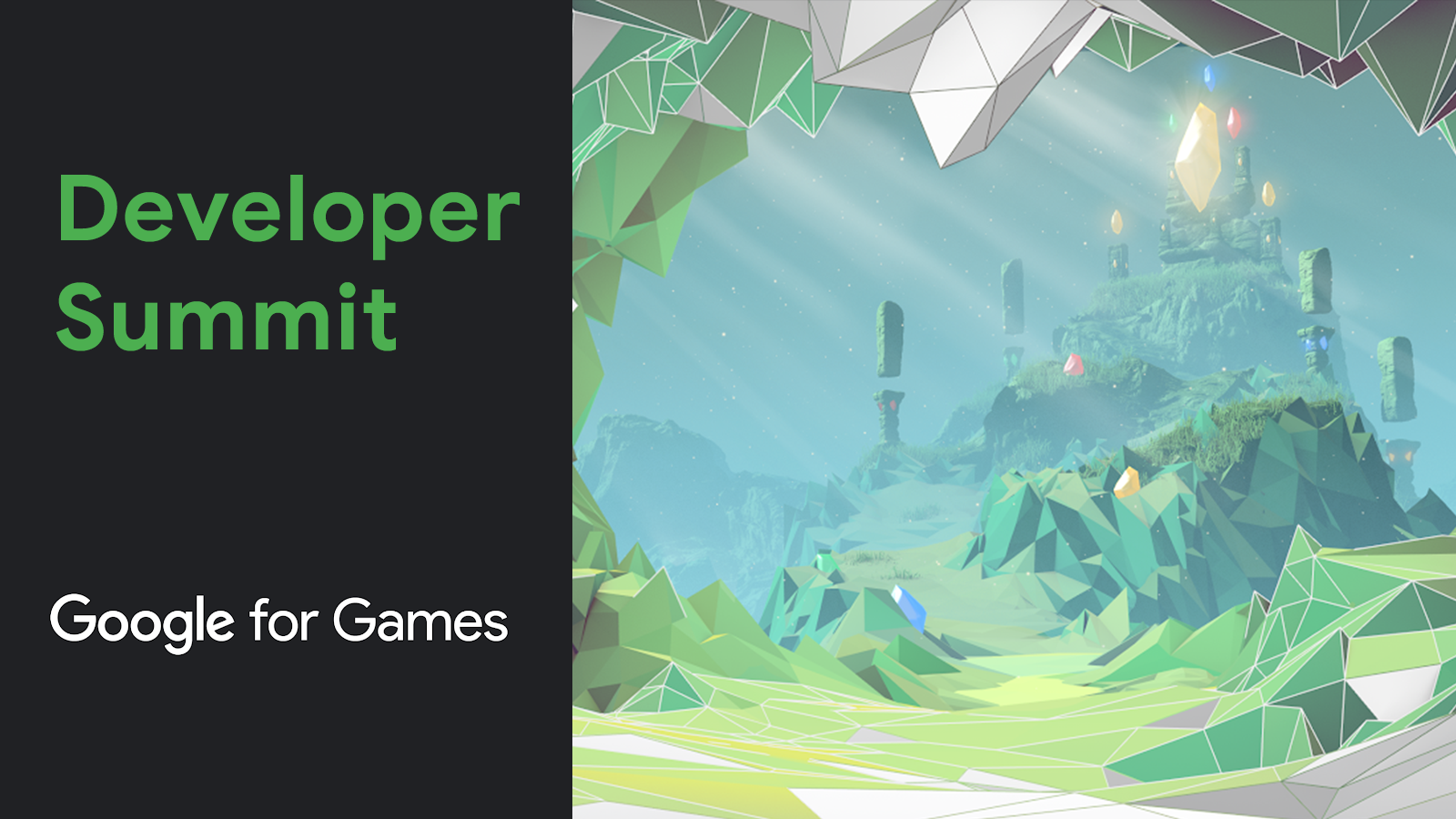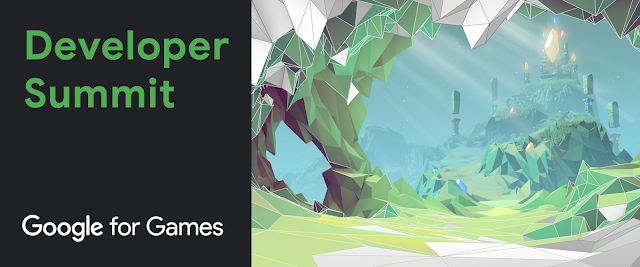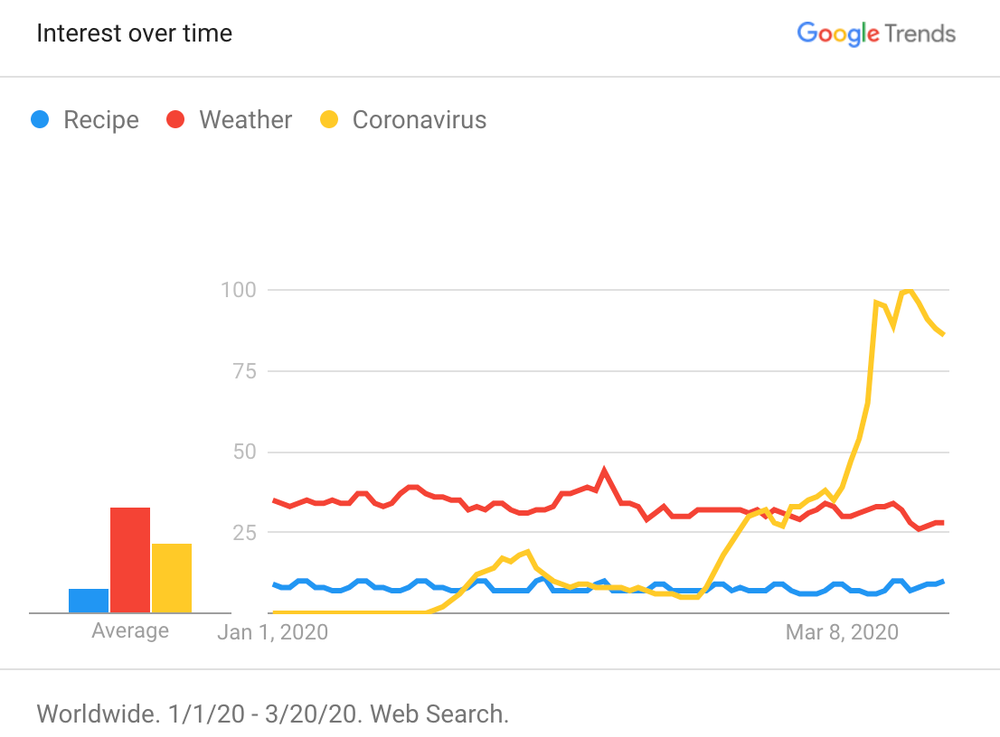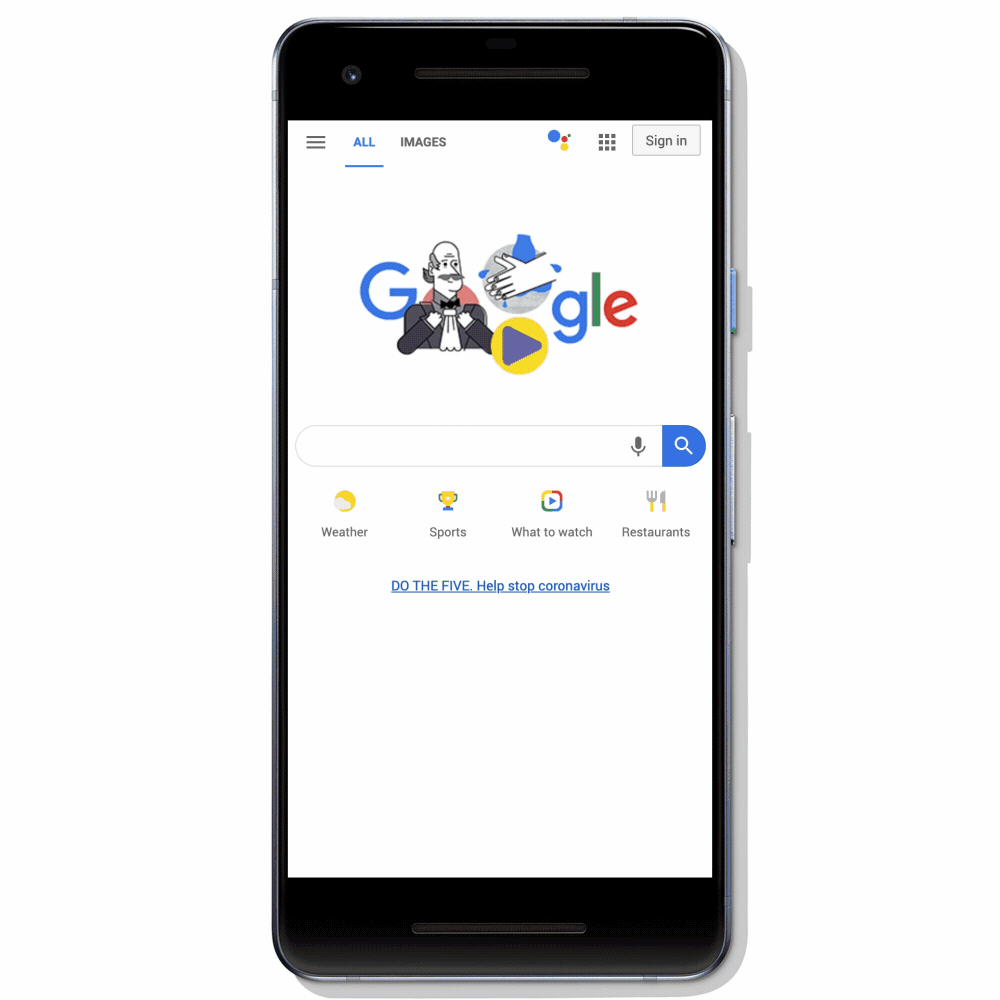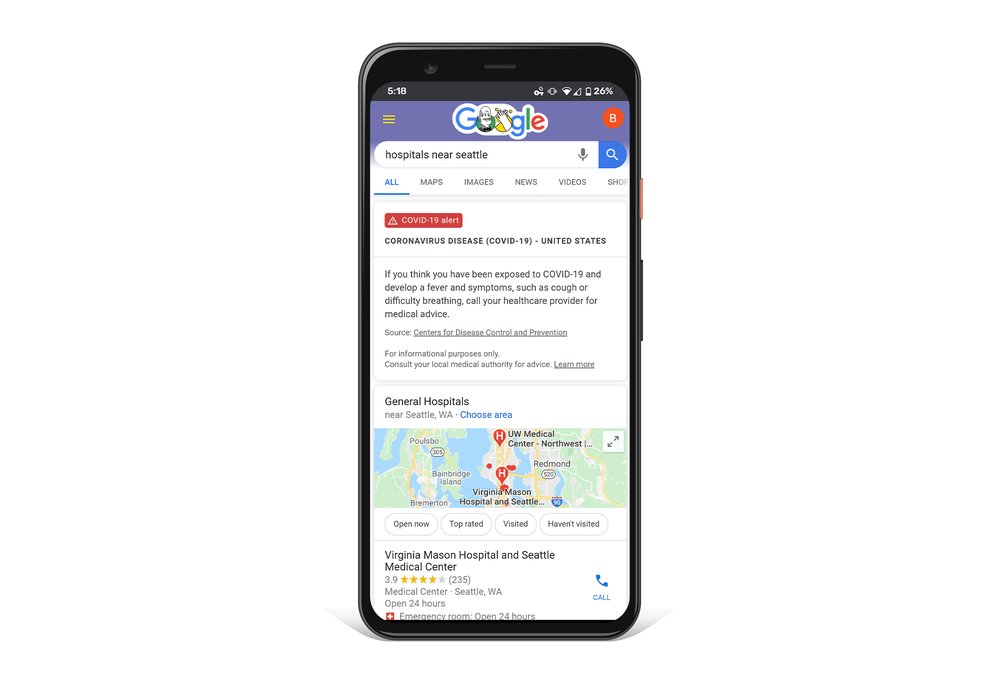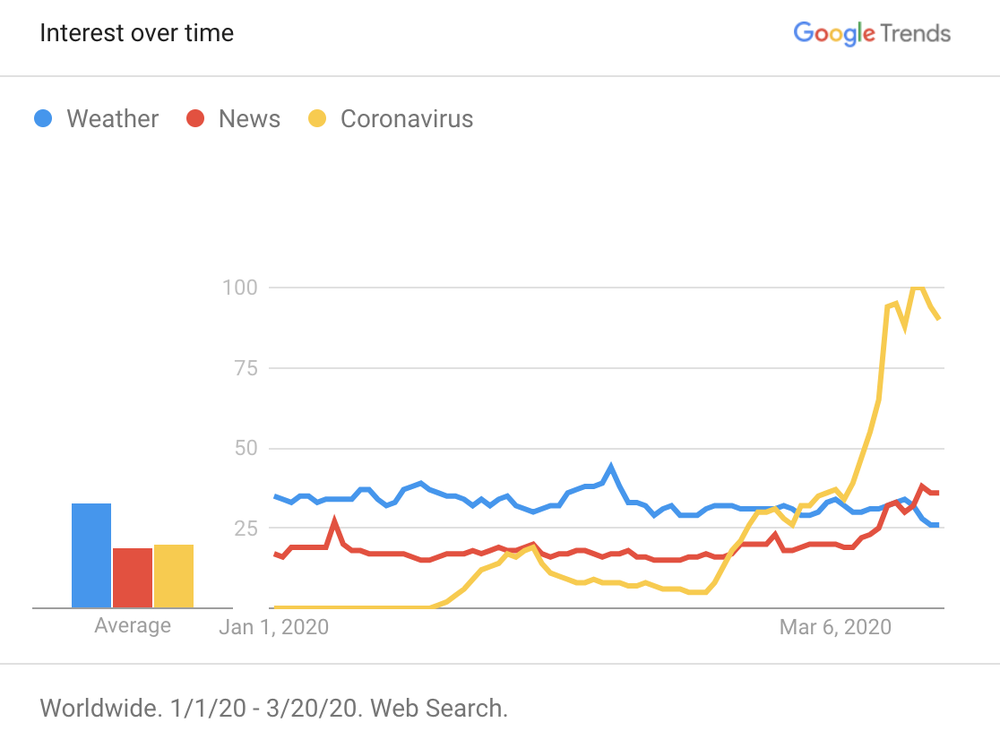Every year, GDC is a moment to celebrate our successes and learn from one another. Although we won’t be gathering in person this year, we’re bringing you the latest updates at our Google for Games Developer Summit, where developers can watch the announcements and virtually attend sessions for free at g.co/gamedevsummit.
We also realize this may have been a big sacrifice for your teams. For some, GDC is a major opportunity for annual business development and marketing strategies. That’s why we’ve partnered with WINGS andthe GDC Relief Fund to support teams in continuing to do what they do best: build world-class games.
Now more than ever, games are helping players around the globe feel more connected. To ensure you have access to the tools you need to deliver the best possible game experiences, our teams have been building solutions to help you tackle your biggest challenges and set you up for long-term success. You can check out the highlights below:
Build games and reach a wider audience with Android and Google Play
We’re making it easier for you to build and optimize games on Android. Learn about new tools to help your development process, provide greater insights into your game’s performance, and access a wider player base. Once you’re ready to publish, review our updated guidance to ensure your game is high-quality and leverages various features and services for a successful go-to-market with Google Play.Grow your business with Google Ads and AdMob
The best game developers think about their players first—both when creating experiences people love and building sustainable businesses. Google Ads and AdMob are introducing new ways to analyze and utilize player insights to help you grow your games and earn the revenue you need to improve them over time.Simply scale your global game with Google Cloud Game Servers
Hosting and scaling a global game can be challenging and requires that you either build costly solutions, or turn to pre-packaged ones that limit choice and control. To offer you more choices and time to dedicate to core elements of producing games, the Google Cloud team is introducing a simplified, convenient way for managing game server clusters.Build and publish the next generation of games with Stadia
New game platforms present new challenges and opportunities for game creators and Google is here to help. For developers of all sizes looking to bring their games to Stadia, the team is unveiling Stadia Makers, a new program to support the independent development community.
We’re excited to see this community continue to delight players around the world, and we look forward to building what’s next, together. From all of us, thank you for keeping this community thriving.



